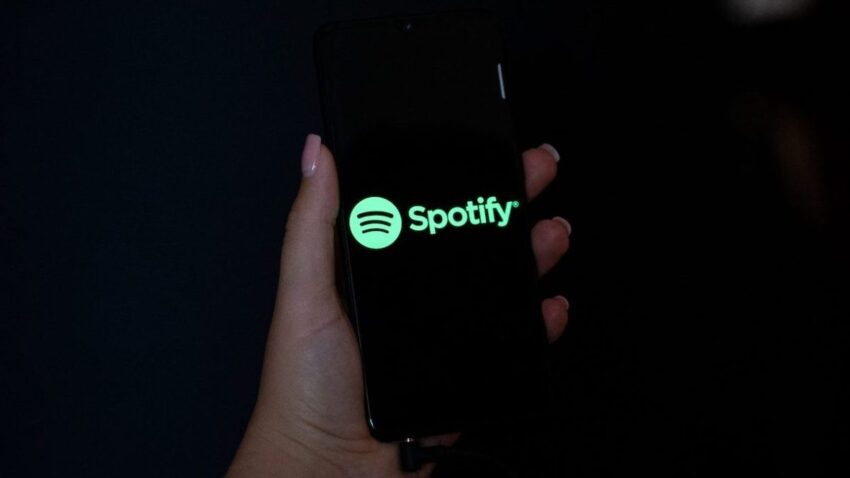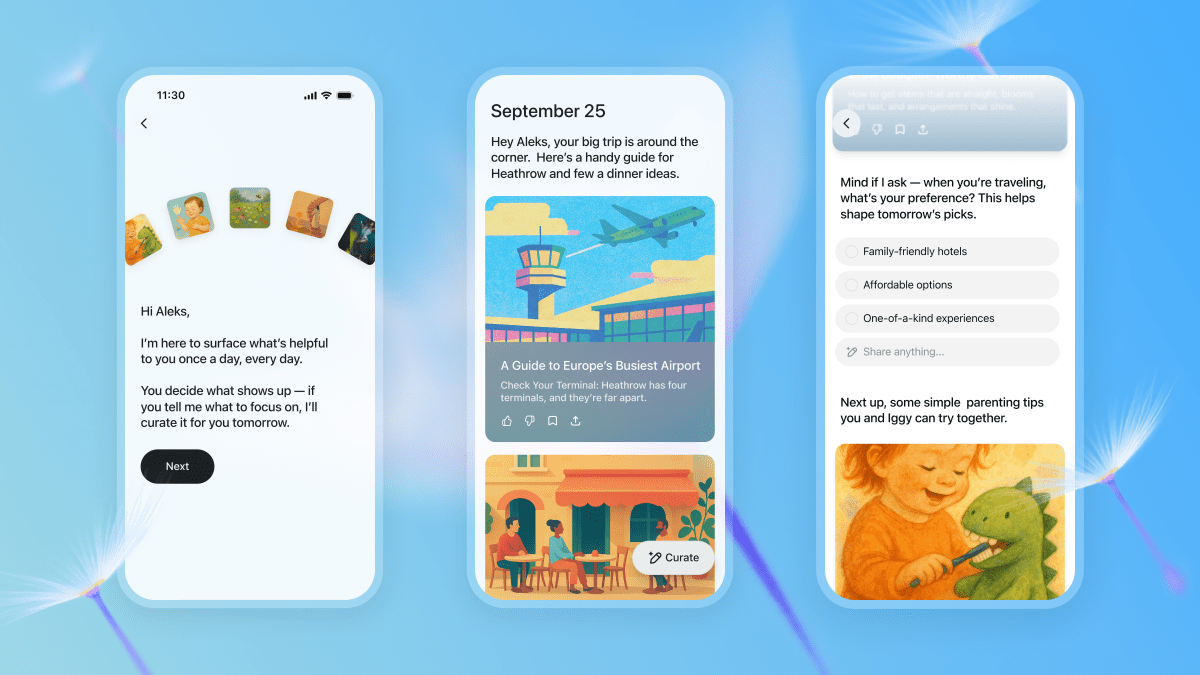
spotify denies recent accusation that it changed Spotify has responded to allegations regarding changes to its terms of service affecting artists and creators on its platform.
spotify denies recent accusation that it changed
Background on Spotify’s Terms of Service
Spotify, a leading music streaming service, has been at the forefront of the digital music revolution since its launch in 2008. The platform has transformed how music is consumed, providing users with access to millions of songs and podcasts. As the service grew, so did its relationships with artists, podcasters, and other creators. These relationships are governed by a set of terms and conditions that outline the rights and responsibilities of all parties involved.
In recent years, Spotify has faced scrutiny from various stakeholders, including artists, record labels, and industry advocates, over its revenue-sharing model and the terms under which content is distributed. The platform has made several adjustments to its policies in response to feedback, aiming to strike a balance between profitability and fair compensation for creators.
The Recent Accusation
On September 25, 2025, accusations surfaced claiming that Spotify had altered its terms of service in a manner that negatively impacted artists and creators. These allegations suggested that the changes were made without adequate communication or transparency, leading to confusion and concern among those who rely on the platform for their livelihoods.
Specific details regarding the alleged changes were not immediately clear, but reports indicated that artists feared a reduction in their rights concerning the distribution of their work. This raised alarms within the creative community, prompting many to voice their concerns publicly.
Spotify’s Response
In light of the accusations, Spotify issued a statement to clarify its position. The company firmly denied any claims that it had changed its terms in a way that would disadvantage artists or creators. Spotify emphasized its commitment to maintaining transparent and fair relationships with all content providers on its platform.
“We have not made any changes to our terms of service that would affect the rights of artists, podcasters, or authors,” a Spotify spokesperson stated. “Our goal has always been to support creators and ensure they are fairly compensated for their work.”
Clarification of Distribution Rights
Spotify’s denial included a detailed explanation of its existing policies regarding distribution rights. According to the company, artists retain ownership of their music and have the freedom to distribute it as they see fit. The platform operates on a model that allows creators to upload their content while Spotify handles the distribution and monetization aspects.
Furthermore, Spotify highlighted that it offers various tools and resources to help artists maximize their reach and revenue. This includes data analytics, promotional opportunities, and partnerships with record labels and distributors. The company reiterated its commitment to empowering creators and ensuring they have the necessary support to thrive in the digital landscape.
Implications for Artists and Creators
The accusations and subsequent denial by Spotify have broader implications for the music and podcasting industries. As the digital landscape continues to evolve, the relationship between platforms and creators remains a critical topic of discussion. Artists and creators often rely on streaming services for exposure and income, making it essential for these platforms to maintain trust and transparency.
Many artists have expressed concerns about the sustainability of their careers in the streaming era. The revenue-sharing models employed by platforms like Spotify have been criticized for favoring the service over the creators. As a result, any perceived changes to terms of service can lead to significant backlash from the creative community.
Stakeholder Reactions
The response from Spotify has been met with mixed reactions from stakeholders within the industry. Some artists and industry advocates have expressed relief at the company’s denial, while others remain skeptical about the transparency of the platform’s practices.
“It’s reassuring to hear that Spotify is standing by its terms, but we need to see more than just words,” said an independent artist who wished to remain anonymous. “The industry is changing rapidly, and we need to ensure that our rights are protected.”
Industry experts have also weighed in on the situation, emphasizing the importance of clear communication between platforms and creators. “In an age where misinformation can spread quickly, it’s crucial for companies like Spotify to be proactive in addressing concerns,” said a music industry analyst. “Transparency is key to maintaining trust.”
The Future of Spotify and Artist Relations
As Spotify continues to navigate the complexities of the digital music landscape, the company faces ongoing challenges in balancing the interests of artists, listeners, and investors. The recent accusations highlight the need for continuous dialogue and collaboration between all stakeholders.
Looking ahead, Spotify may need to consider implementing more robust communication strategies to keep artists informed about any changes to its policies. This could involve regular updates, Q&A sessions, or even dedicated forums for artists to voice their concerns and receive feedback directly from the company.
Potential Changes in the Industry
The incident also raises questions about the future of streaming services and their relationship with creators. As competition in the streaming space intensifies, platforms may need to adopt more artist-friendly practices to attract and retain talent. This could include revisiting revenue-sharing models, offering better promotional opportunities, and ensuring that artists have a say in how their work is distributed.
Moreover, the rise of decentralized music platforms and blockchain technology could disrupt traditional streaming models, providing artists with more control over their content and revenue. As these technologies continue to develop, Spotify and other platforms may need to adapt to stay relevant in an ever-changing landscape.
Conclusion
Spotify’s recent denial of accusations regarding changes to its terms for artists underscores the ongoing complexities of the digital music industry. While the company has reaffirmed its commitment to supporting creators, the incident serves as a reminder of the importance of transparency and communication in maintaining trust within the creative community.
As the industry evolves, it will be crucial for platforms like Spotify to engage with artists and stakeholders proactively. By fostering an environment of collaboration and understanding, Spotify can continue to play a pivotal role in shaping the future of music and content creation.
Source: Original report
Was this helpful?
Last Modified: September 26, 2025 at 12:46 am
1 views















